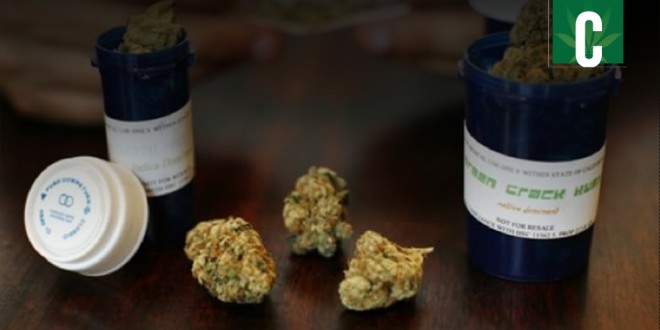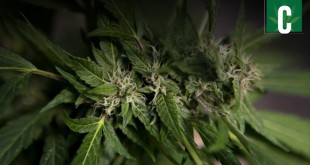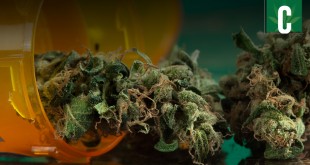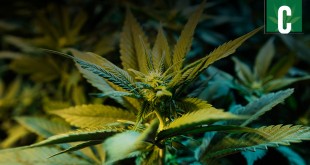Medical marijuana proponents in California are pushing back against a proposed sales tax that could substantially increase prices for patients.
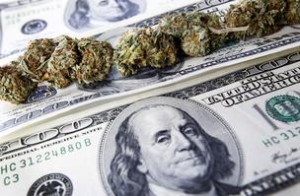 The proposal would impose a 15 percent sales tax on all medical cannabis sales, plus any local fees or taxes. In Los Angeles, where patients already pay a 5 percent local tax, the cost of a $200 ounce of mid-quality marijuana could increase to $250.
The proposal would impose a 15 percent sales tax on all medical cannabis sales, plus any local fees or taxes. In Los Angeles, where patients already pay a 5 percent local tax, the cost of a $200 ounce of mid-quality marijuana could increase to $250.
That’s a lot money to low-income patients, many of who may not be able to afford their medicine if the plan takes effect. Advocates say they’re going to fight the bill, which was proposed by state Sen. Mike McGuire.
Funding enforcement of new regulations
The proposed tax would raise money to fund enforcement of new regulations on medical marijuana throughout the state. The rules, recently signed into law by Gov. Jerry Brown, establish a statewide licensing system and give local communities wide latitude to restrict or bar cultivation and sale of the drug.
McGuire says the state needs the money to pay for the licensing bureaucracy created by the rules. But activists complain that 15 percent is too expensive for average patients.
The California branch of Americans for Safe Access, a national pro-legalization group, has launched an online petition against the bill, arguing that it “imposes an unnecessary and unfair burden on medical cannabis patients.”
Forcing patients to the black market
Other groups are fighting the legislation, including California NORML and the Coalition for Cannabis Policy Reform. Dale Sky Jones, who chairs the coalition, says many patients could return to the black market and its lower prices.
“I understand that we need to pay for regulation,” Jones says. “However, slapping a sin tax on patients is not the way to do it. The patients who cannot find quality medicine at a reasonable price will find quality medicine at a reasonable price (illegally).”
If the bill passes, California would be relatively unique among states with medical marijuana. Most levy only a small tax or no tax at all, following the model of tax-free prescription drugs.
Because cannabis is illegal at the federal level, it cannot be prescribed by doctors. Instead, it is “recommended,” a distinction that allows states to tax it even though it’s used as a medicine. Still, even in states where recreational cannabis is legal, patients typically pay little or no sales tax.
Disproportionately heavy sales tax
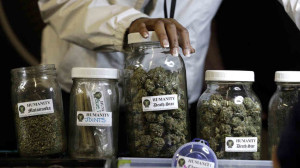 In California, Jones says, a 15 percent tax would apparently be more expensive than the $3.30 per gallon tax on liquor sales. Beer, by contrast, carries a 20 cent per gallon tax that is typically paid by brewers, vintners, and importers, rather than customers.
In California, Jones says, a 15 percent tax would apparently be more expensive than the $3.30 per gallon tax on liquor sales. Beer, by contrast, carries a 20 cent per gallon tax that is typically paid by brewers, vintners, and importers, rather than customers.
A steep tax on weed would make it hard for patients to buy their medicine legally, says Dave Hodges, a marijuana activist behind one of several petitions to legalize the drug in November.
“It will force people to go to the black market more,” Hodges says. “You’re talking a sin tax on people who are sick.”
Pot proponents say they’re not dead set against any tax on medical marijuana. But 15 percent is too much, at least for patients. Jones says her group might support a similar tax on recreational cannabis, but not for medical use.
“We need to rethink it,” she says of the proposed tax. “The burden could go to adults and not patients. Maybe it would be more palatable once adult legalization happens.”
 California Marijuana Market Breaking "Marijuana News" from CA
California Marijuana Market Breaking "Marijuana News" from CA

